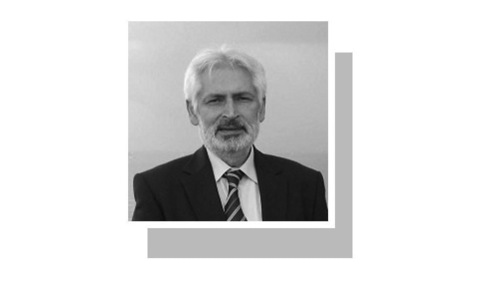WORDS do not amount to action — and urgent action is what is needed.
Prime Minister Shahid Khaqan Abbasi visited North Waziristan on Tuesday, and once again suggested that the so-called mainstreaming of Fata is vital to peace and prosperity in the region.
That is a theme the prime minister has often returned to since his elevation to the chief executive’s office.
Indeed, it was one of Mr Abbasi’s earliest pledges as prime minister.
But with only weeks left until the end of the current parliament and nine months of an unexpected prime ministership having already expired, there has been virtually no progress.
A parliamentary bill approved last month extending the jurisdiction of the Peshawar High Court and the Supreme Court remains the only notable recent achievement and was supported by several parties in the Senate.
Mr Abbasi’s apparent enthusiasm for the mainstreaming of Fata has not resulted in the government he leads doing much about that objective.
There is, of course, a ready explanation for the inaction despite the prime minister’s repeated pledges.
Mr Abbasi’s political boss and predecessor, Nawaz Sharif, had put on hold his own government’s recommendations on Fata for political reasons.
It is now well known that Mr Sharif did so to accommodate two political allies, Maulana Fazlur Rehman of the JUI-F and Mahmood Achakzai of PkMAP.
With the PML-N short of allies at the national level, Mr Sharif preferred the political support of the two veteran Pakhtun leaders over the needs of the tribal areas.
Even now, it is not entirely clear why the maulana and Mr Achakzai are adamantly opposed to the mainstreaming of Fata and its merger.
Neither has offered a convincing public explanation for their opposition, and that has fuelled speculation and conspiracy theories.
Whatever the case, it is the government’s responsibility to implement the Fata agenda. The PML-N has clearly failed to do so.
Certainly, there is still time, even now in the final weeks of the government’s term, for several parts of the Fata mainstreaming plan to be implemented.
Most of the recommendations have substantial political support in Fata, KP and nationally.
In any case, the next elected government will have to take up the issue of Fata reforms relatively quickly.
Prime Minister Abbasi was accompanied in North Waziristan by the army chief Gen Qamar Bajwa.
The military leadership has both endorsed the reforms agenda for Fata and urged its implementation.
A historic opportunity, then, beckons as the overwhelming majority of the national leadership, political and military, supports reforms in a region that needs them if it is to move past a period of prolonged conflict.
Mr Abbasi owes his current position to Mr Sharif, but the nation needs more of its prime minister than blind political support.
Published in Dawn, May 2nd, 2018














































